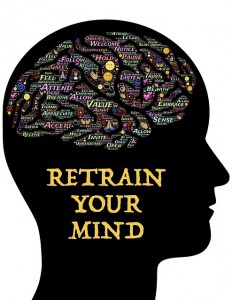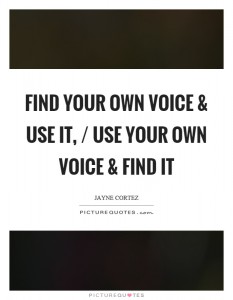During this Mental Health Awerness week, I’ve decided to share something I wrote not so long ago at an extremely difficult time for me mentally. I share this in the hope that those fortunate enough to not have expierineced such difficultes can perhaps come to appreciate some of the effects mental health conditions can have on anyone, and, at this difficult time for us all due to the global pandemic, will be encouraged to support the arts in any way they can so that the power they bring to our lives as both performer and listener can continue to be felt.
“…I stopped playing and just held my flute in my hands. I’ve spent many hours with this beautiful instrument yet it felt like this was the first time I was really feeling it. It had always been there for me, like an old friend, and now I knew I needed it more than ever.
I pulled out my old copy of the Telemann sonatas – on old favourite which I’d explored many years ago. I’ve turned my back on this style of music as a performer, perhaps due to the feelings of not performing it correctly (whatever that means) but I knew it was this that I needed to play right now. The notes were fuzzy from the start, some barely audible, and there were many more incorrect than right, but that didn’t matter. It was still my voice and my heart which was carrying through them. Even though my out of practice lips were screaming at me to stop, I just kept right on going, not allowing anything to get in the way, least of all my failing fuzzy brain. I surrendered to the fact that it didn’t matter, this was for me, my therapy, like my music always really had been. And I vowed to hold on to this feeling – a feeling of enough, of contentment in knowing that allowing myself to share my musical self is ok, and that it doensn’t need to be anything more.
Thank goodness for music, for what it can do to us if we only let it, and for the ability to see it for what it is. I know that my playing will get me through this, now and probably again in the future, and I also know that this will help me honour it during the good times as well.”
This coming Tuesday (26th May) I’ll be playing the Telemann Sonata in F major in full live on my YouTube channel. To be able to perform it now, honouring the music as it was intended from a place of stability and quiet confidence is something that I feel so grateful for. And if you’d like to join me to hear it I’d be even more thankful.





